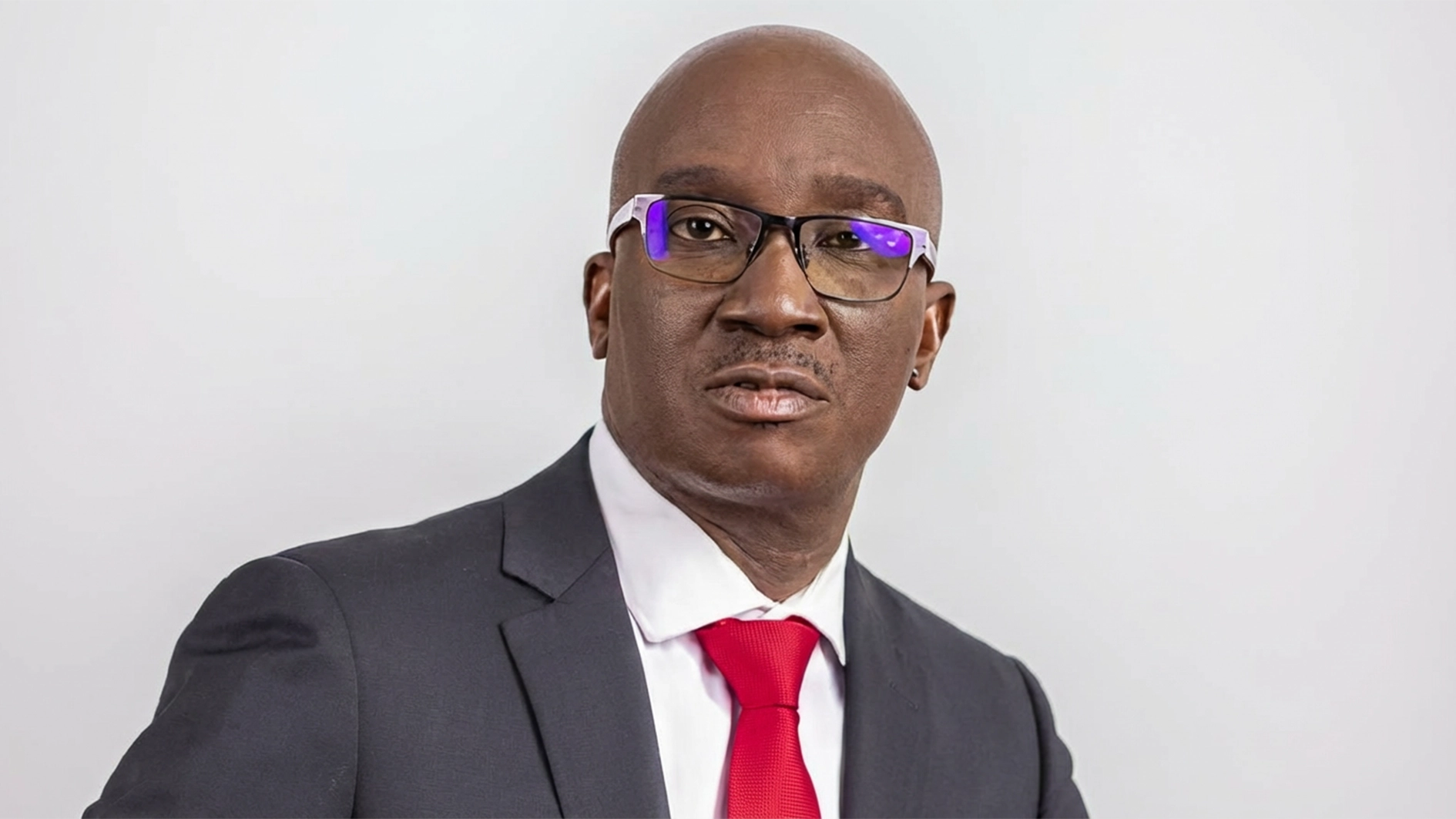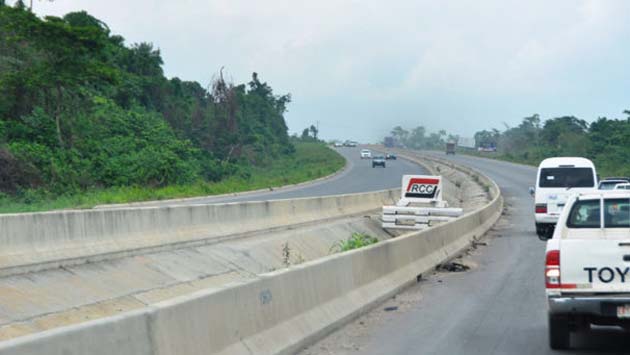Environmentalists have called on journalists in the Niger Delta to go beyond routine reporting and utilise their platforms to amplify the lived realities of communities facing environmental degradation, gender inequality, and the impacts of extractive activities.
The call was made at a two-day capacity-building workshop on environmental justice reporting, organised by Kebetkache Women Development and Resource Centre in collaboration with the Centre for Gender Equity and Sustainable Development, with support from the Ford Foundation. The workshop brought together reporters from print, broadcast, and online platforms.
The aim was to deepen their understanding of environmental justice, the impact of gender, and oil and gas legislation, including the Petroleum Industry Act and the Local Content Act.
Dr. Emem Okon, Executive Director of Kebetkache Women Development and Resource Centre, emphasised the importance of mainstreaming gender in environmental reporting.
“When you talk about the PIA and Host Community Development Trusts, ask: How many women are on the boards? Were women involved in the needs assessments? What about persons with disabilities?
“By including these perspectives, you’re not just reporting; you are shaping development discourse and reminding leaders at all levels that planning must not be gender-neutral,” she said.
Also, Executive Director of the Centre for Gender Equity and Sustainable Development, Constance Meju, in her presentation, highlighted the need for journalists to tell community-centred stories that hold leaders accountable and provoke policy change.
“The environment is the livelihood of our people. Fishing and farming were our traditional occupations, and both have been severely impacted. This is why we have high youth unemployment, rising crime, and growing conflict. Journalists must go to the people, hear their stories, and help decision-makers hear them too,” Meju said.
Meju also emphasised the disproportionate impact of environmental degradation on women.
She said: “When there’s pollution, it’s the women who suffer most. They use the water, cook the food, and care for their family. A man can escape to dry land in a flood; a woman can’t leave her children behind. That is the plight of Niger Delta women.”
During his lecture on “Understanding the PIA and NOGICD Act,” Henry Eferegbo emphasised the importance of journalists holding regulatory bodies, such as NCDMB and NUPRC, accountable for ensuring that oil companies comply with the laws.
He lamented that the Community Content Guidelines of the NCDMB were not being followed by most oil and gas operators and urged journalists to uphold their responsibilities.
The workshop participants described the training as eye-opening and lauded Kebetkache for the initiative.
Susan Serekara-Nwikhana, a participant, said, “This training has been so impactful. It has broadened my scope. With what I’ve learned here, I now understand how environmental reporting can contribute to making our communities safer and healthier for everyone.”
The workshop is part of ongoing efforts by civil society to empower journalists with the tools to expose environmental and social injustices in one of Nigeria’s most resource-rich but ecologically devastated regions.






